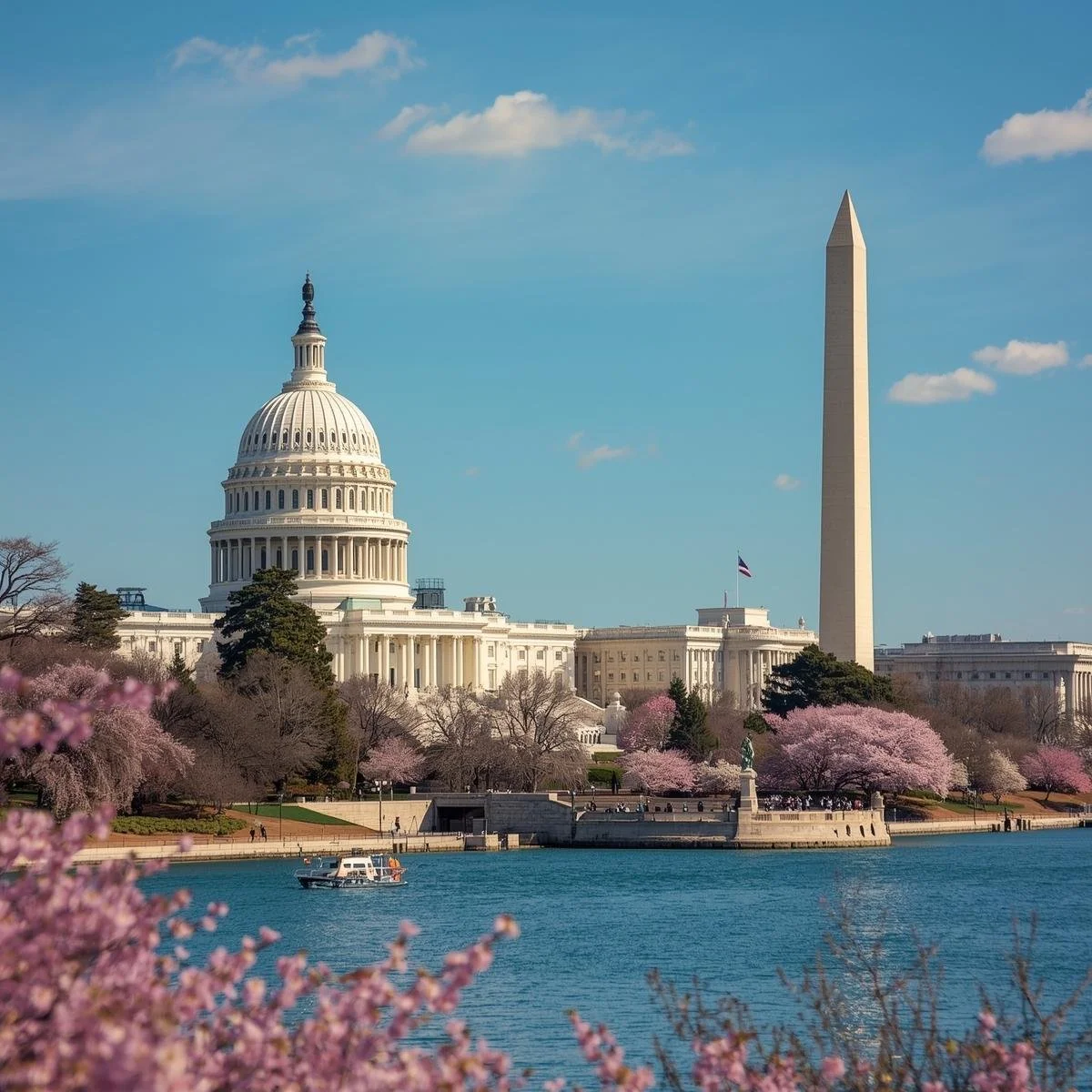
Art is Political. Activists Who Had A Vision.
Art is Political. Activists Who Had A Vision.
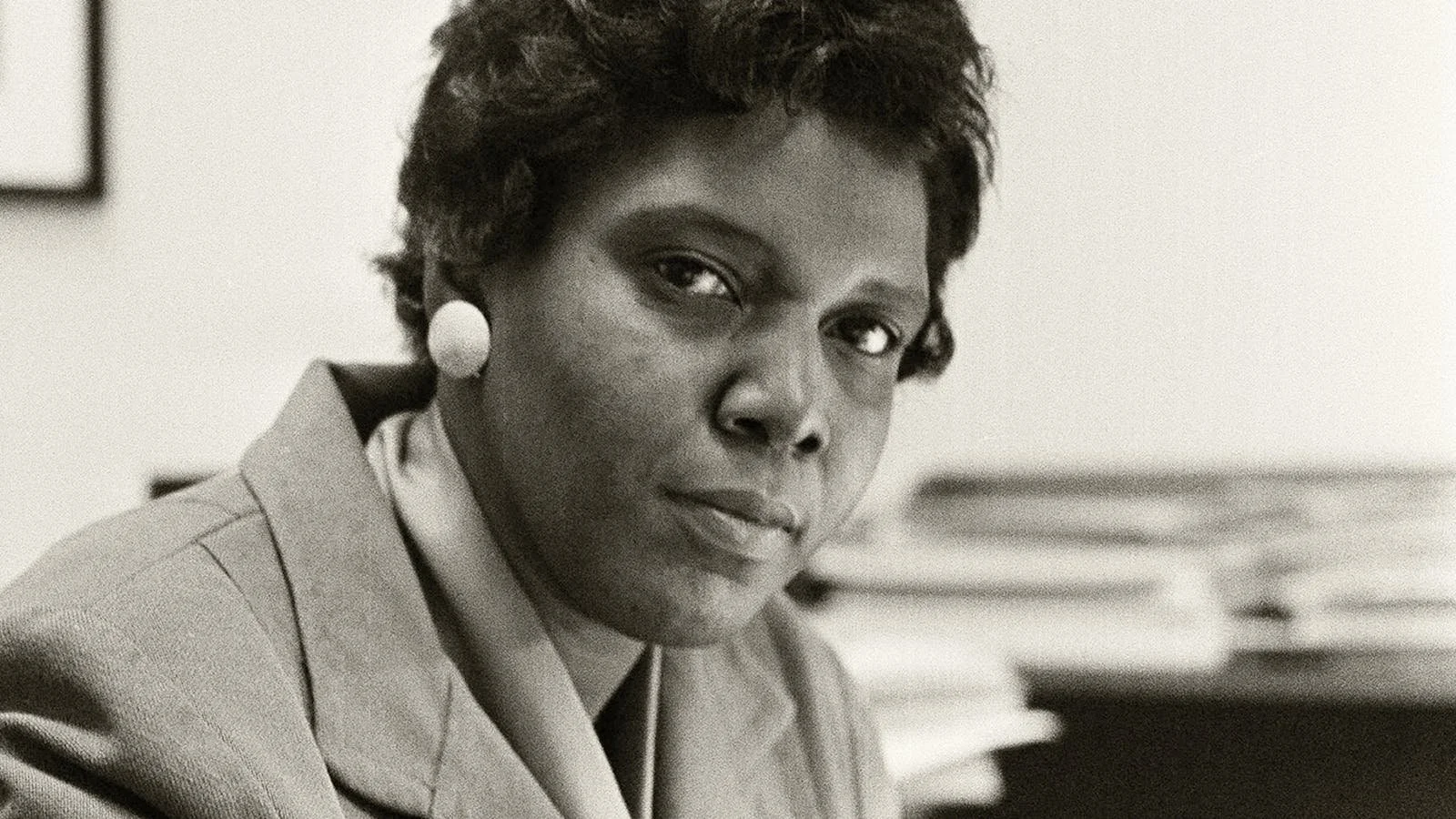
Barbara Jordan (1936–1996) was a groundbreaking American politician, lawyer, and educator. She was the first African American woman elected to the Texas Senate and later became the first Black woman from the South elected to the U.S. House of Representatives in 1972. Jordan gained national recognition for her powerful oratory and integrity, especially during the Watergate hearings, where she delivered a historic speech defending the U.S. Constitution and the principle that no one is above the law.Throughout her career, she championed civil rights, social justice, and ethical governance. After leaving Congress, she taught at the University of Texas and continued to inspire future generations through her advocacy for equality and democracy.
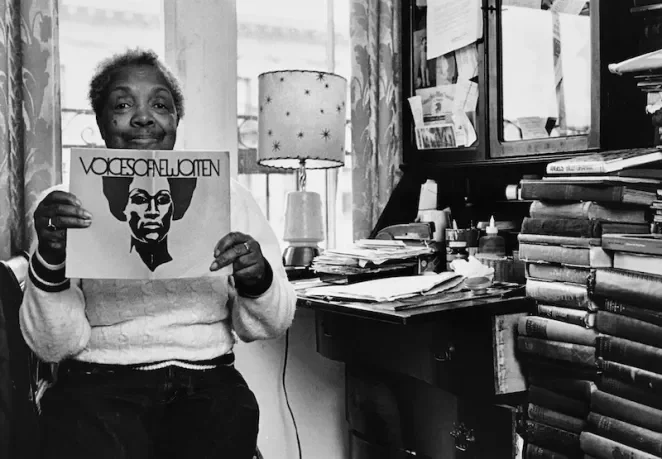
Mabel Hampton (1902–1989) was an African American lesbian activist, dancer, and key figure in the early LGBTQ+ rights movement. Born in Winston-Salem, North Carolina, she moved to New York City during the Harlem Renaissance, where she performed as a dancer in all-Black productions and became part of a vibrant queer community. Hampton dedicated her life to preserving and celebrating Black lesbian history. She was an early member and supporter of the Lesbian Herstory Archives, donating personal materials that documented the lives of Black lesbians in the 20th century.Throughout her life, she advocated for racial justice, women’s rights, and LGBTQ+ equality, often speaking publicly about her experiences as a Black lesbian woman. Her legacy continues to inspire activists and historians committed to intersectional representation and queer history preservation.
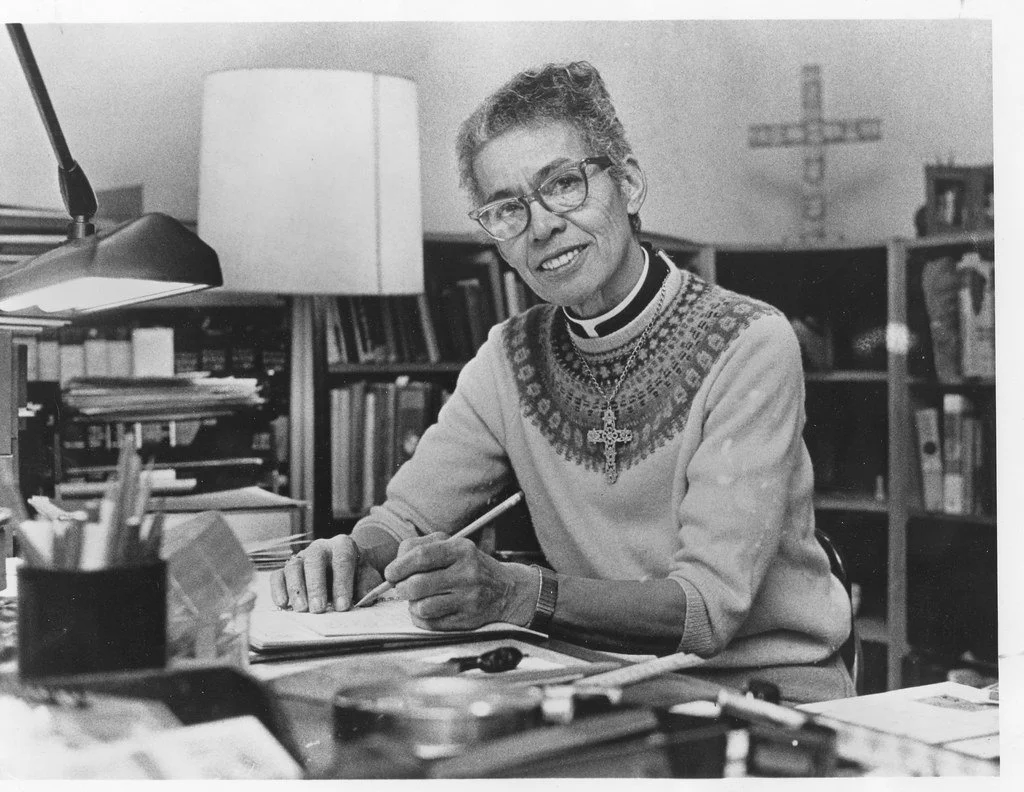
Pauli Murray (1910–1985) was an American civil rights activist, lawyer, writer, and Episcopal priest whose work profoundly influenced both the civil rights and women’s rights movements. Born in Baltimore, Maryland, and raised in North Carolina, Murray challenged racial and gender discrimination throughout her life. She was the first African American woman to earn a Doctor of Juridical Science degree from Yale Law School and co-founded the National Organization for Women (NOW). Her legal arguments and writings laid the groundwork for landmark cases, including those that inspired Thurgood Marshall’s strategy in Brown v. Board of Education.Later in life, Murray became the first Black woman ordained as an Episcopal priest, continuing her lifelong commitment to justice, equality, and human dignity. Her legacy endures as a pioneer of intersectional activism, bridging the struggles for racial, gender, and LGBTQ+ equality.

Angela Davis (born 1944) is an American political activist, scholar, and author known for her lifelong commitment to social justice, prison reform, and the fight against racial and gender oppression. Born in Birmingham, Alabama, she became involved in the civil rights movement and later joined the Communist Party USA and was associated with the Black Panther Party.Davis gained international attention in the early 1970s when she was charged in connection with a courtroom incident and subsequently became a symbol of resistance after being acquitted of all charges. Her activism and scholarship have focused on abolishing the prison-industrial complex, promoting Black liberation, feminism, and intersectional justice.
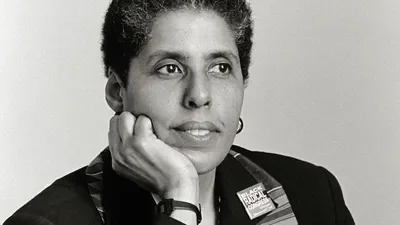
Barbara Smith (born 1946) is an American feminist, scholar, writer, and activist who has been a leading voice in the development of Black feminism and intersectional theory. Born in Cleveland, Ohio, she co-founded the Combahee River Collective in the 1970s, a group of Black feminists whose groundbreaking statement articulated the concept of interlocking systems of oppression based on race, gender, class, and sexuality. Smith was instrumental in bringing attention to the experiences of Black women and lesbians within feminist and civil rights movements. She co-founded Kitchen Table: Women of Color Press, the first U.S. publishing company dedicated to the writings of women of color, amplifying voices often excluded from mainstream feminism.Through her activism, teaching, and writing, Barbara Smith has profoundly influenced feminist thought, LGBTQ+ advocacy, and social justice movements, emphasizing the importance of collective liberation and inclusive representation.
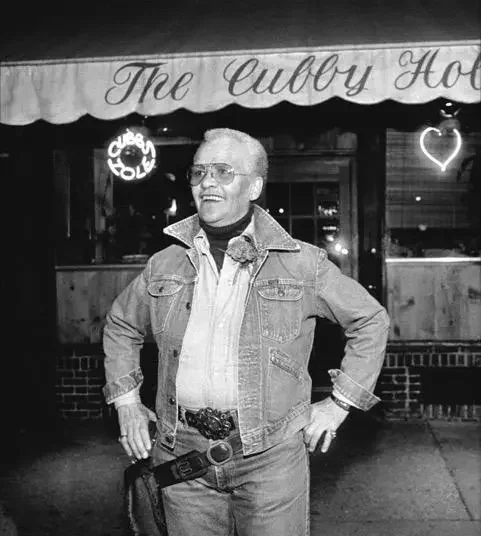
Stormé DeLarverie (1920–2014) was a biracial lesbian performer, activist, and a pioneering figure in LGBTQ+ history. Born in New Orleans, Louisiana, she became known as a talented singer and drag king, performing with the Jewel Box Revue, the first racially integrated drag show in the United States. DeLarverie is often remembered for her role in the Stonewall uprising of 1969, where she is believed to have been one of the first to resist police harassment, helping ignite the modern LGBTQ+ rights movement. Beyond Stonewall, she dedicated her life to protecting and uplifting the queer community, working as a bouncer and volunteer for LGBTQ+ spaces in New York City. Known as the “guardian of the lesbians,” Stormé DeLarverie’s courage, visibility, and advocacy made her a lasting symbol of pride, resistance, and community care.